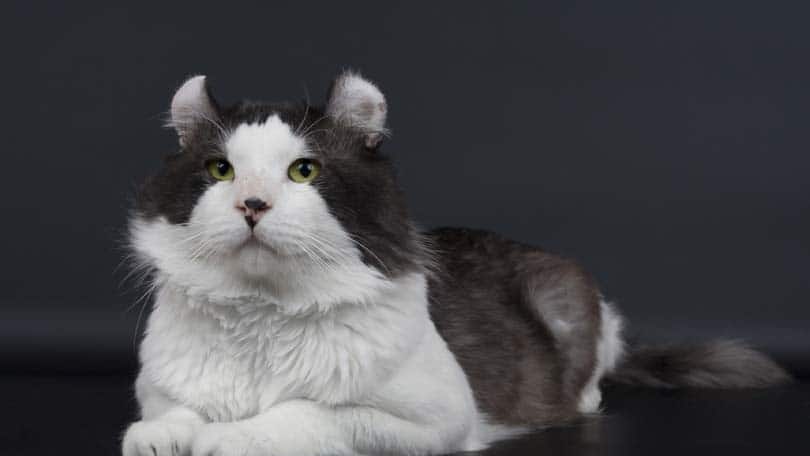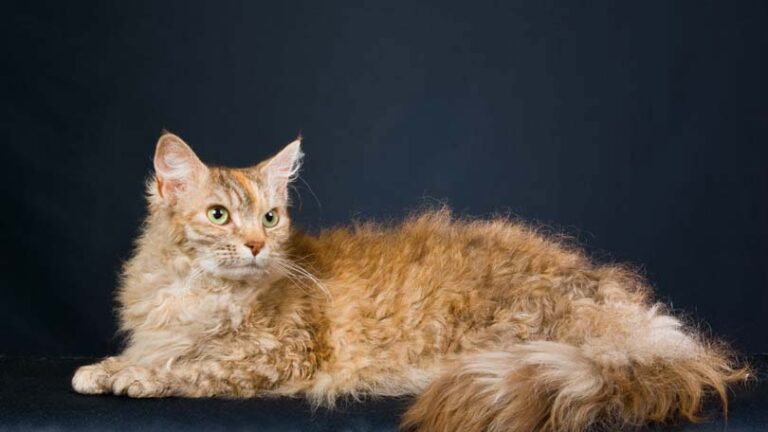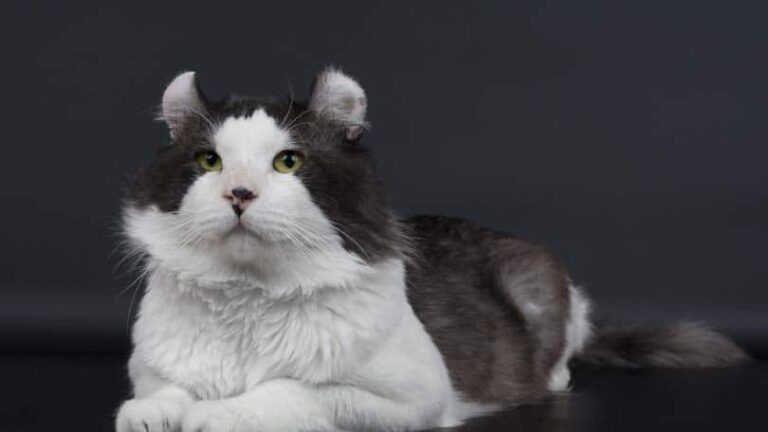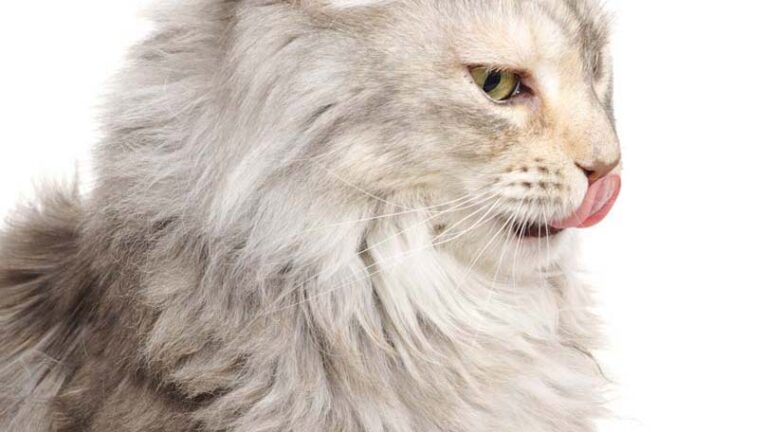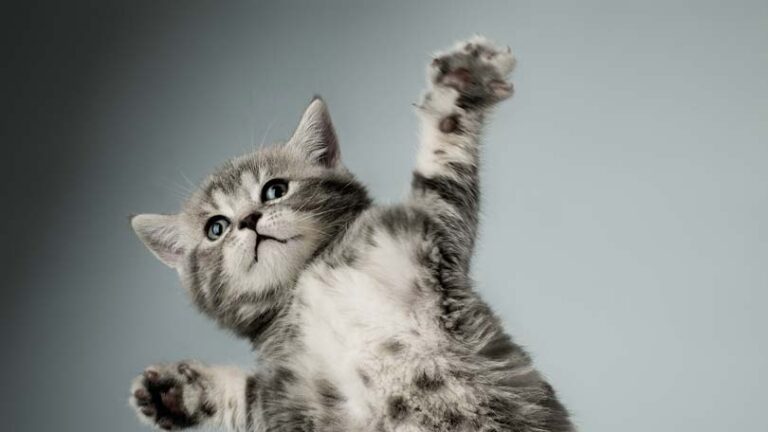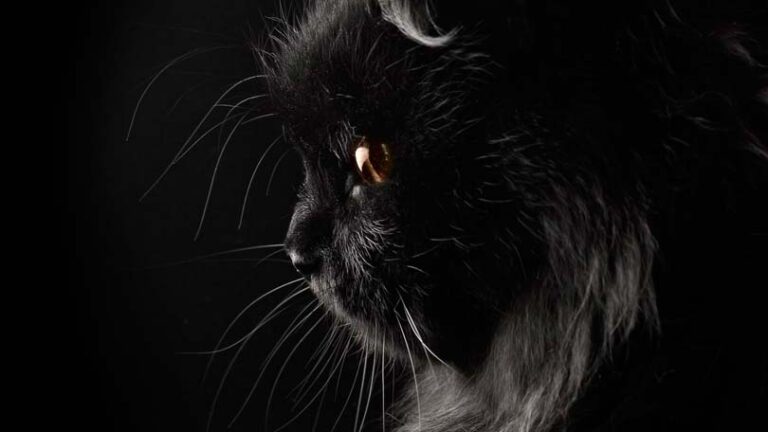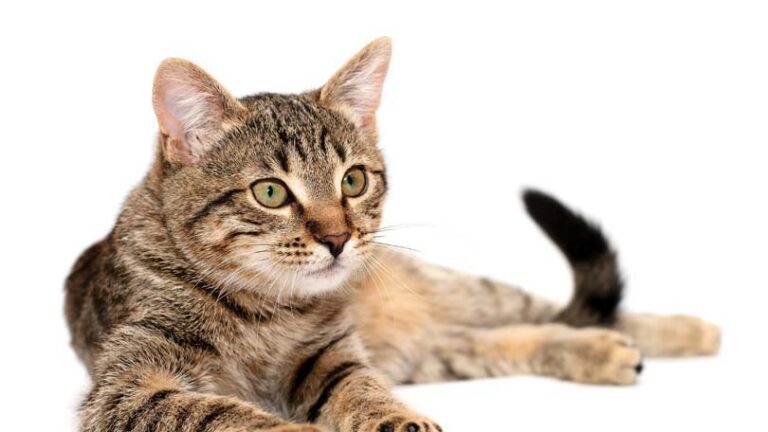Should Cats Be Given Supplements?
Supplements for cats are fairly commonplace these days, and you will hear plenty of manufacturers say they are crucial for your pet to achieve optimum health. Is this really true, however? Does a well-fed and looked-after cat suffer from not receiving added supplements?
The supplements available are numerous. Some offer one essential ingredient for a cat whilst others combine several nutrients such as calcium or taurine. There are even alternative medicine-style supplements that are intended to have a more therapeutic rather than physical effect on cats. These include natural ingredients such as cod liver oil and garlic. Supplements also come in all shapes and sizes – pills, powders, liquids, or in chewable treats. So, should cats be given supplements?
The answer is not general. The truth of the matter is that so long as a cat is receiving a nutritionally balanced diet, there is no need for supplements at any stage of its life. The secret of ensuring your cat is receiving all the nutrients and vitamins it needs is to purchase good quality cat food. These days that is not difficult to do as there are many to choose from that contain the tried and tested formulas for ensuring optimum health.
It could even in fact be detrimental to your cat’s health if you administer supplements. This is because some nutrients can be toxic for cats if consumed in excess and some can prevent the absorption of other nutrients into the body when too many are consumed which can lead to a wealth of deficiencies of some of the most crucial elements needed for good health.
As with humans, there are times during a cat’s lifetime when they are more vulnerable and do need additional nutrition to combat illness. Kittens for example need extra nutrition to enable good growth and development. When cats get old or pregnant or are feeding their young, they too undergo a period of needing an extra helping hand to stay strong and healthy. These are often the situations that supplement manufacturers capitalize on, however there are cat foods available that are specifically designed for these vulnerable periods. Cat food for kittens contains a completely different balance of nutrients than maintenance food for adult cats. Likewise cat food for older cats will have a different balance than that for kittens. It is better to simply switch food than supplement your ongoing food with supplements. The cat will do better in the long run, and you will probably save some pennies.
Finding a good quality cat food is the key for your cat to live a long and happy life, and your vet will be able to advise you on what to buy if you are unsure. Learning to understand and see through the clever language that is used on the labels of cat food should give you a good insight into the general quality and effectiveness of a cat food.
As with most things however, there are a few exceptions to the rule in answering the question of should cats be given supplements. If your cat is undergoing treatment for a serious illness or has had to have an operation of some sort, the nutritional requirements of your cat will change for a period of time. This is a particularly vulnerable time for a cat, and the balance of vitamins and minerals needed will reflect this. There are foods available that have been designed specifically for aiding recovery or combating symptoms which are no doubt effective, however in this scenario a nutritional supplement may be appropriate also. It is important to talk to your vet in this situation as they will know the best direction to take. Avoid purchasing supplements without advice as your vet will know exactly what is needed.
Cats that are deficient in certain important nutrients could also benefit from dietary supplements. If low quality food has been on the menu for a number of times or the cat has been exposed to another imbalanced diet for a long period of time, supplements could be a quick, short term solution for your cat to build up strength and resistance to illness. Again, it is important to first check with your vet before administering supplements, as there are some that could do more harm than good, particularly if the cat is in poor health already.
There has been a rise in alternative treatments and medicines for cats over the years, and more and more owners are looking for natural ways to improve their pet’s life. Some alternative therapies do advocate the use of supplements as part of their approach. It would be prudent to check with your vet before undertaking an alternative therapy that included diet supplements to ensure no harm is being caused.
Try and do a little homework before purchasing a supplement to make sure you are buying a quality product. Avoid those that are new to the market and that you haven’t heard of or come across in your research. Make sure the seal has not been broken, and when storing them at home, keep them well out of the reach of all animals and children.
So, should cats be given supplements? Whilst there are a few instances where dietary supplements are appropriate for cats, for example when your cat is faced with a serious illness or is in recovery, generally speaking, supplements are not necessary at any stage during their life. Advances in cat food technology has been so great that there is nothing better available for a cat’s health than a good quality food given in the correct amount.

Having discovered a fondness for insects while pursuing her degree in Biology, Randi Jones was quite bugged to know that people usually dismissed these little creatures as “creepy-crawlies”.

